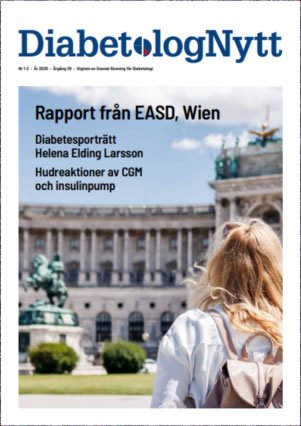|
Thought of as the ”third era” in diabetes management, continuous glucose monitoring (CGM) is a new approach following the eras of urine glucose testing and blood glucose testing. One of the great potential advantages of CGM is the ability of these devices to alarm for hypoglycemia.
Although this may sound like a great idea, previous studies have shown that 71% of youth did not respond to hypoglycemic alarms during the night. Moreover, most severe hypoglycemic events in the Diabetes Control and Complications Trial occurred during sleep hours. These severe events include hypoglycemic seizures which Davis et. al. found to occur in 75% of children during sleep.
The purpose of this study was to evaluate the prevention of nocturnal hypoglycemia using prediction algorithms. A total of 40 subjects with type 1 diabetes were studied overnight in the hospital. The subjects were split into two groups. The first group contained 14 subjects where hypoglycemia was induced by gradually increasing the basal insulin infusion rate. These 14 subjects did not use a pump shut-off algorithm. The next group contained 26 subjects who were using pump shut-off algorithms. The pump shut-off the insulin being administered to the patients when either 3 of 5 or 2 of 5 algorithms predicted hypoglycemia based on glucose levels that were being measured.
The results of the study showed that patients involved in the second group where shut-off mechanisms were used had 60-75%% of nocturnal hypoglycemic episodes prevented. Results also showed that 84% of nocturnal hypoglycemic events were prevented in patients having multiple hypoglycemic events in one night.
Prevention of nocturnal hypoglycemia remains a challenging goal in the treatment of diabetes. By preventing these night time episodes, it is likely that more patients would be one step closer to move toward optimal glycemic control. Continuous glucose monitoring and the use of algorithms with the ability to shut-off insulin administration have us moving in the correct direction.
Practice Pearls:
Buckingham, et. al., Bruce. ”Prevention of Nocturnal Hypoglycemia Using Predictive Alarm Algorithms and Insulin Pump Suspension.” American Diabetes Association, n.d. Web. 09 Feb. 2014. http://care.diabetesjournals.org/content/early/2010/02/25/dc09-2303.full.pdf%2Bhtm
|

